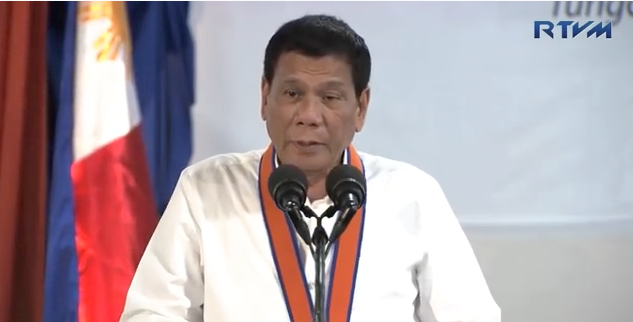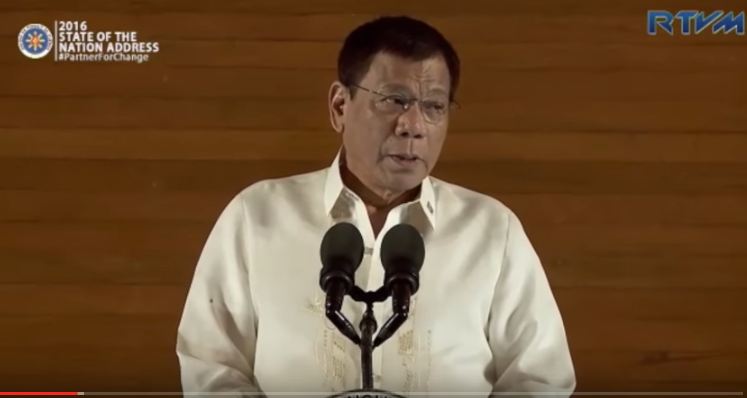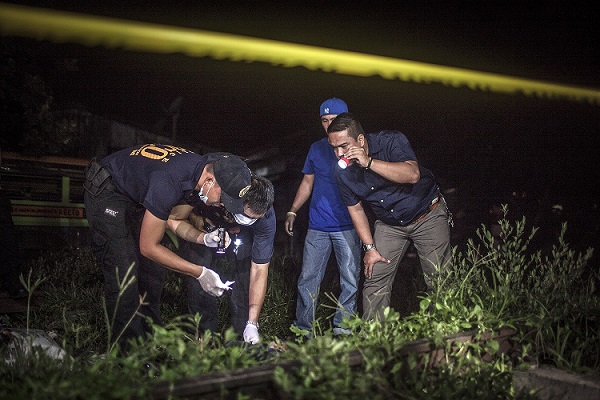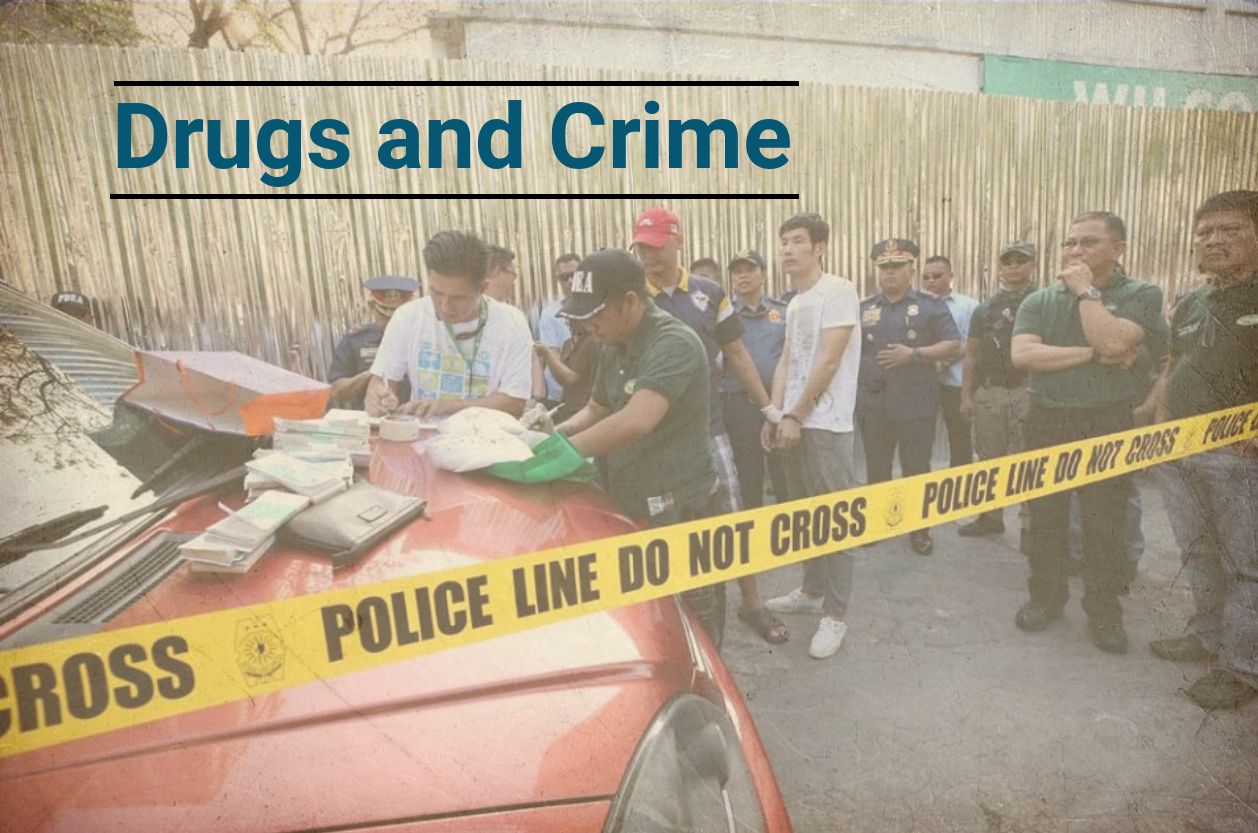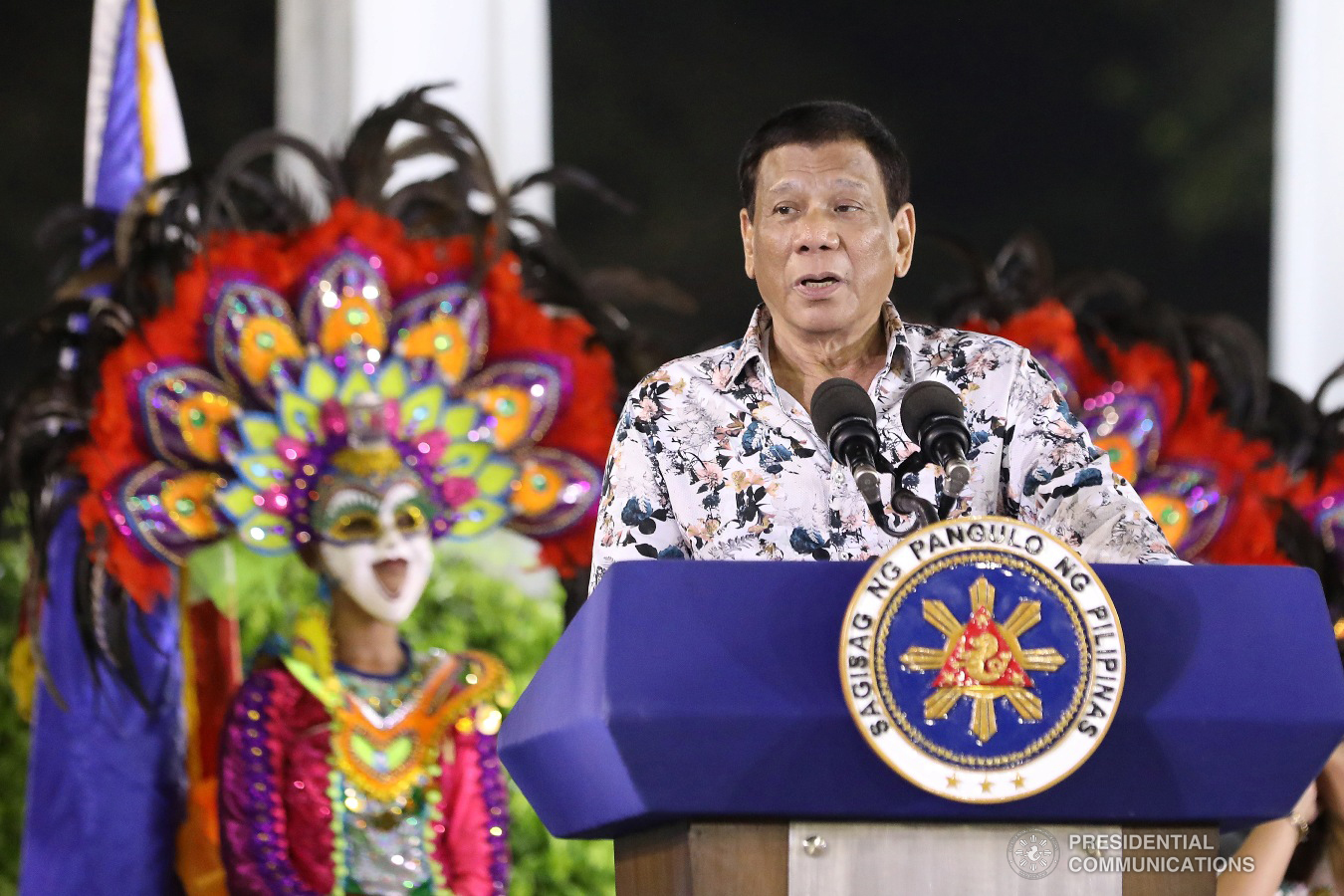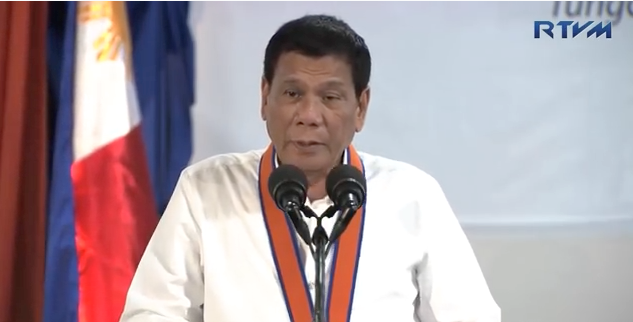
CAREFUL not to include wrong names on his narco-lists again, President Rodrigo Duterte said he is having them revalidated by key agencies, citing the Department of Interior and Local Government (DILG) as one of them.
STATEMENT: During the 115th anniversary of the Philippine Coast Guard on Oct. 12, Duterte said:
“Until now, I’m trying to validate, revalidate and validate and revalidate so that I’d be fair to everybody….The latest is from the military, to the police, to the PDEA, the drug enforcement, then I again insisted, it goes back to a civilian agency, DILG, validate it, review it before I finally give it to somebody else’s possession, sabi ko sa kanila.”
(Source: Speech at the 115th Anniversary of the Philippine Coast Guard, Oct. 12, 2016. Watch from 34:14 – 35:23)
FACT: Is the DILG part of the vetting process?
It’s not.
The narco-lists, as well as all drug watch lists, are products of “harmonized intelligence reports” from key intelligence agencies.
Agencies that put the list together include the National Bureau of Investigation (NBI), the Philippine National Police (PNP), the National Intelligence Coordinating Agency (NICA), the Intelligence Service of the Armed Forces of the Philippines (ISAFP), and PDEA as the lead agency, according to its spokesperson, Derrick Arnold Carreon.
The DILG, meanwhile, just follows through the listing released by the president.
“No, we are not a party to the validation. We are just here to give recommendations as to what sort of action can be filed in court against these politicians,” DILG Undersecretary John Castriciones told VERA Files.
Castriciones — who leads Task Force Agila, the group that investigates narco-politicians — in a previous hearing also said, “It’s the president’s list. It’s not our list.”
Inputs of barangay officials are considered in intelligence work, but are cross-validated by intelligence agencies to strike out claims of wrongful accusations, which could be caused by infighting or unresolved issues with barangay officials.
The PDEA, as lead agency, ensures the lists sent to the president are cross-validated for possible inconsistencies, Carreon said.
He said errors in the past may have been committed because the list did not go through an “adjudication process,” or the process where intelligence units of agencies sit together to determine whether a suspected drug user is still an active user, or if his or her name should be removed from the list.
“We will only find out once the person is arrested or if a case is filed in court,” Carreon said.
He added the adjudication process applies to everyone, and no special considerations are given to public officials.
“Everyone” includes the targets under Oplan Tokhang, Carreon said.
On previous errors on the narco-lists, he said the tendency for human error must be factored in, though it is avoided as much as possible.
On Wednesday, the president said 5,000 barangay captains and 6,000 police officers are linked to the drug trade.
Dismayed by the overwhelming number, Duterte said he is now hesitant to publicly announce the names of narco-politicians, afraid that killings would ensue among and within drug syndicates.
